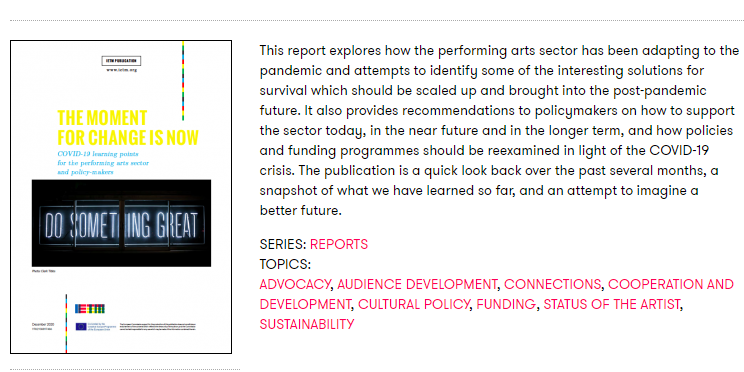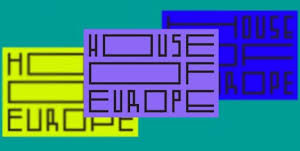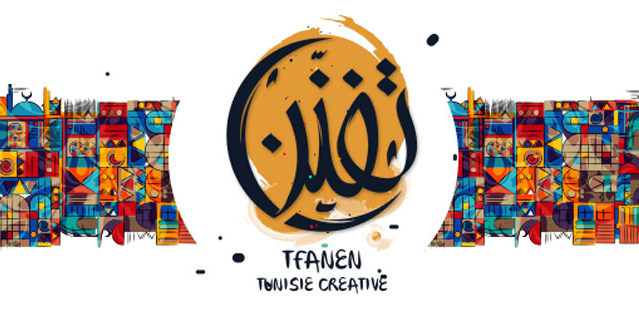COVID-19 learning points for the performing arts sector & policy-makers – IETM

Published by IETM, this report explores how the performing arts sector has been adapting to the pandemic and attempts to identify some of the interesting solutions for survival which should be scaled up and brought into the post-pandemic future. The report also addresses the needs of rethinking international and getting local in the post-pandemic future. “We … COVID-19 learning points for the performing arts sector & policy-makers – IETM



